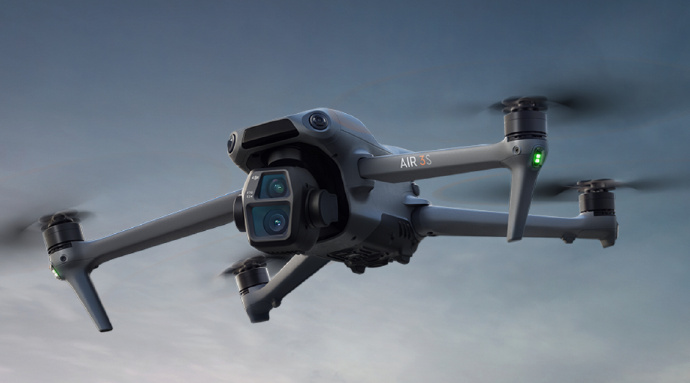Flying a drone has become increasingly popular, both for recreational and commercial purposes. To ensure safe and lawful operation, obtaining a drone license has become a necessary step for aspiring pilots. Here’s a comprehensive guide on how to procure your drone license efficiently.
Understanding the Need for a Drone License
Drones, often referred to as UAVs (Unmanned Aerial Vehicles), are subject to various regulations. The FAA (Federal Aviation Administration) in the United States, mandates that operators who want to use drones for commercial purposes, or who fly drones above a certain weight, must secure certification. This license not only empowers you legally but also equips you with essential knowledge and skills for safe operation.
Eligibility Criteria
Before diving into the licensing process, ensure you meet the fundamental requirements. Anyone attempting to acquire a drone license must be at least 16 years old, demonstrate proficiency in English, and possess adequate physical and mental fitness necessary for safe drone operations.
Choosing the Right Type of License
The right license depends on your drone usage. For recreational drone pilots, a Trust Certificate is essential. This involves an online test focusing on safety guidelines. Established by the FAA, it ensures that hobbyists acknowledge the rules and best practices. Those pursuing commercial drone flights must acquire a Part 107 Remote Pilot Certificate. This demands passing a comprehensive knowledge test covering all aspects of drone operation, airspace classification, and understanding regulations.
Step-by-Step Guide to Obtaining Your Part 107 License
To streamline the process of obtaining a Part 107 license, adhere to these steps:
- Study and Prepare: Enroll in a reliable FAA-approved training course that covers aeronautical knowledge and regulations. Study guides and practice tests can significantly boost your preparedness.
- Schedule Your Exam: Choose an FAA Knowledge Testing Center nearby and schedule your test via the PSI Exams portal. The fee for the exam is generally around $160.
- Partake in the Examination: On the scheduled day, complete your test at the selected center. Expect questions ranging from airspace classification to operations and regulations.
- Pass and Apply: Upon passing with a score of 70% or higher, apply for certification through the FAA’s IACRA portal. Here you will fill out the necessary forms required for certification processing.
- Receive Your License: After processing, you will receive a temporary certificate via email followed by the official license in mail.

Maintaining Your Drone License
Obtaining your drone license is just the beginning. To keep it valid, you must retake the recurrent knowledge test every 24 months. Staying updated with changing regulations and airspace rules ensures your competence as a drone pilot remains intact.
FAQs
Do I need a license for recreational drone flying?
While a formal license isn’t required, a Trust Certificate is mandatory, ensuring recreational pilots understand safety protocols.
Can I use my drone commercially without a license?
No, engaging in any form of commercial drone operation necessitates obtaining a Part 107 Remote Pilot Certificate.
How long does the licensing process take?
Once you’ve passed the exam, acquiring your license can take up to two weeks due to application processing time.